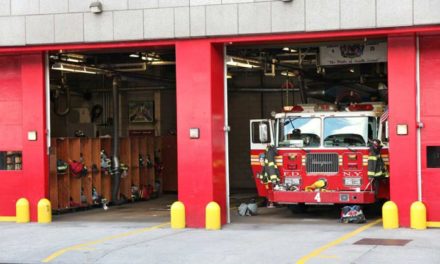A New York volunteer fire department has considered adopting a policy providing that the Chief or the President may place a member on “administrative leave” without bringing formal charges or having a hearing. This is instead of suspending the member, essentially because a suspension would require the bringing of charges and a hearing.
Is this permissible? Probably not.
I have found no statutory provision mentioning “administrative leave,” nor any case law discussing the concept of forced “administrative leave,” but that may be because no department or district has tried to impose “administrative leave” and been sued (it takes a lawsuit to have case law and therefore legal precedent).
Nevertheless, “administrative leave,” if applied, likely violates New York law because the leave is really a suspension, and no matter how temporary the suspension, a member has the right to know why he/she is being suspended. Due process – and Section 209-l of the General Municipal Law – gives the member that right. Once informed of the charges, however, it is not clear that a reasonable delay from suspension to hearing and final disposition is unlawful.
Under the General Municipal Law, Section 209-l, a member or officer who is suspended must be afforded due process in disciplinary proceedings. This is true whether the penalty entails suspension or removal.
The New York Supreme Court, in McEvoy v. Oyster Bay Fire Co. No. 1, held that suspension without due process was as impermissible as removal. The Court stated that due process was required “whether the penalty that is ultimately imposed entails the firefighter’s permanent removal from his or her position, or a suspension from the position.”
General Municipal Law Sec. 209-l(5) provides that the officer or body having the power to remove the person charged with incompetence or misconduct may suspend such person after charges are filed and pending disposition of the charges, and after the hearing may remove such person or may suspend him for a period of time not to exceed one year.”
According to the McEvoy court, cited above, “the plain meaning of this provision is that a volunteer firefighter may only be temporarily suspended, without a hearing, from the time that the charges are filed until the ultimate disposition of the charges, but that a hearing is required to actually dispose of the charges….” [emphasis added.]
It would not be a logical step to conclude that a department could do by putting someone on leave what it could not do if it issued the suspension. There is no stopping the department from suspending a member even for 180 days, or from waiting 180 days after filing charges to having a hearing. But putting a member on temporary leave, without bringing formal charges, is another word for suspending him.





